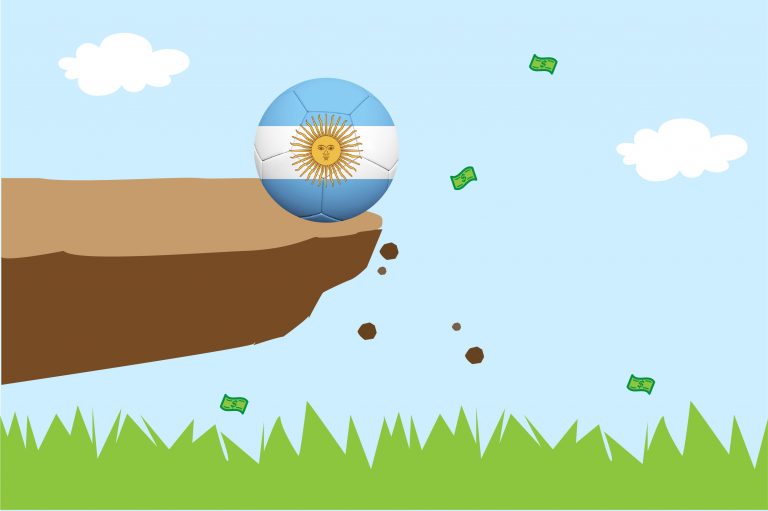(Opinion) As Argentina faces an election year, its economic outlook paints a grim picture. According to recent projections, the South American nation stands on the precipice of its sixth recession within a decade.
As of Tuesday, July 25, the International Monetary Fund (IMF) has downgraded its economic forecast for Argentina, predicting a 2.5% contraction in its GDP for the current year.
This marks a stark departure from the meagre 0.2% growth anticipated in April, and mirrors expectations of independent economists predicting a 3% economic shrinkage.
The specter of recession seems to have made itself a persistent presence in Argentina’s economic narrative.

Akin to a recurring nightmare, this would be the sixth annual GDP decline in the last decade if current forecasts prove accurate.
The nation’s economy was battered in 2020, the initial year of the COVID-19 pandemic, shrinking by 9.9%.
Although the economy bounced back with a 10.4% growth in GDP in 2021, the rate of growth began to taper in the subsequent year, marking a disappointing 5.2%.
This economic backslide can be partly attributed to a substantial decline in agricultural and livestock performance due to drought conditions.
Yet, addressing the elephant in the room is vital – the alleged policy missteps under President Alberto Fernández’s administration.
Economic experts argue these failures have played a significant role in Argentina’s economic turmoil, suggesting a failure in leadership and a lack of effective economic policy and fiscal management.
According to Martín Ravazzani, director of Ecolatina consultancy, there is a growing consensus among economists of diverse political affiliations that Argentina desperately needs robust stabilization plans and fiscal reorganization.
This call to action has only become more pressing following four years of Peronist rule.
Furthermore, Ravazzani highlights the urgent need for Argentina to mend its relations with the IMF.
The nation’s reserve funds are precariously in the red, with a deficit of US$3.5 billion.
Ravazzani paints a bleak picture for the remainder of the year, with Ecolatina projecting a 2.8% GDP retraction and an end-of-year inflation estimate of 133-135%.
In the midst of proposed policy changes and ongoing negotiations with the IMF, it appears the potential resolution may offer some relief.
However, given Ravazzani’s projections, immediate substantial improvements seem a far-fetched dream.
The situation begs the question: when will Argentina break free from this vicious cycle of economic downturns?
This crisis underscores the need for Argentina to reassess its economic policies and leadership strategies critically.
As voters prepare for the polls, it’s clear that the incumbent administration needs to reflect on its shortcomings and propose effective, forward-thinking strategies to prevent further economic degradation.
With each recurring recession, the urgency for change amplifies.
Argentina’s economy and its people can ill afford another decade of intermittent recessions and questionable policy decisions.

